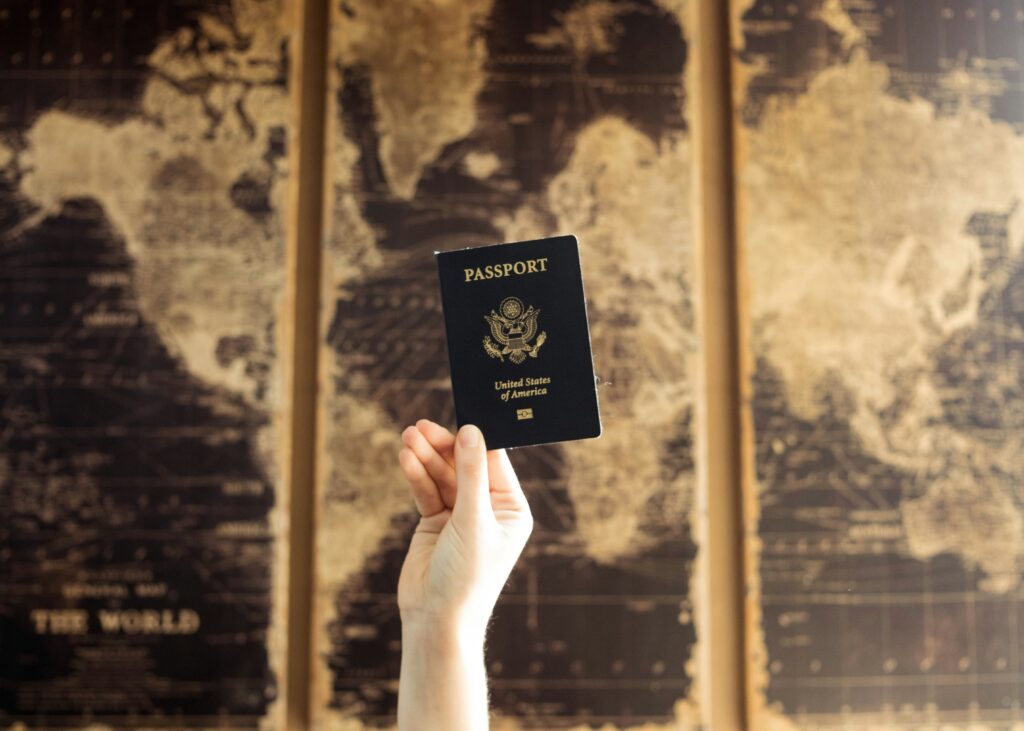Trumps’s executive order on birthright citizenship has been blocked
DORAL, FL – Trump’s executive order to eliminate birthright citizenship has been temporarily blocked by a federal judge on Thursday.
The order issued by the current administration aims to restrict the automatic granting of U.S. citizenship to children born in the United States to non-citizen parents. More specifically, it seeks to finish this right over children born to parents who reside illegally in the country or that have temporary legal status such as students, workers, or tourists.
Following the announcement of his plan to end it, 22 states brought five lawsuits together with that of several immigrants’ rights groups across the country.
The suits include personal testimonies from attorney generals who are U.S. citizens by birthright, and pregnant women who are afraid their children won’t become U.S. citizens.
Now, one of those lawsuits ended in a hearing before a judge where the temporary restraining order was issued and applies nationally. This was initiated by Arizona, Illinois, Oregon and Washington.
U.S. District Judge John Coughenour called the order “blatantly unconstitutional” after Brett Shumate, a Justice Department lawyer, sought to defend it. Coughenour also said to the attorney the order “boggles the mind” and that he has never seen another case where an action so soundly violated the constitution.
In response, Shumate asked the judge for a chance to have a full briefing on the merits of the case, rather than a 14-day restraining order issued blocking its implementation.
In that same line, the Department of Justice issued a statement saying it will “vigorously defend” the president’s executive order, arguing it “correctly interprets the 14th Amendment of the U.S. Constitution.”
“We look forward to presenting a full merits argument to the Court and to the American people, who are desperate to see our Nation’s laws enforced,” the department said.
The Trump administration said that the order, signed on Inauguration Day, would only affect those born after Feb. 19. Therefore, it argued, temporary relief isn’t called for.
The lawsuits presented argue that the 14th Amendment to the U.S. Constitution guarantees citizenship for individuals born and naturalized in the U.S., while also states have been interpreting the amendment that way for a century.
Photo by: Annika Gordon/Unsplash.com

